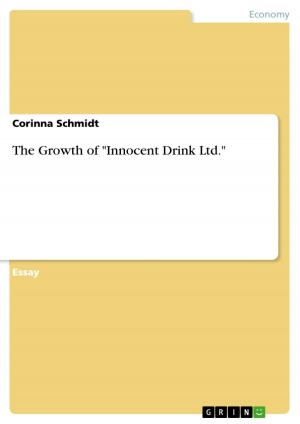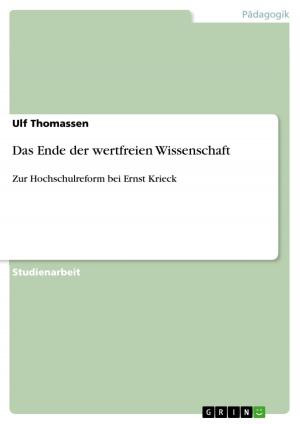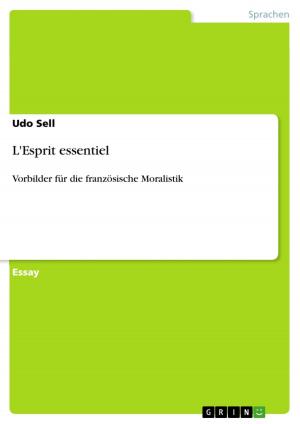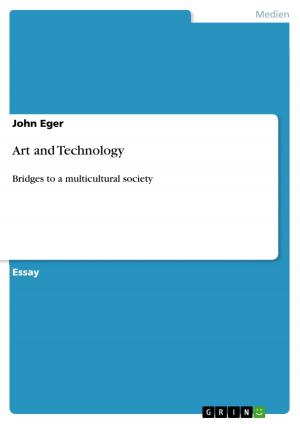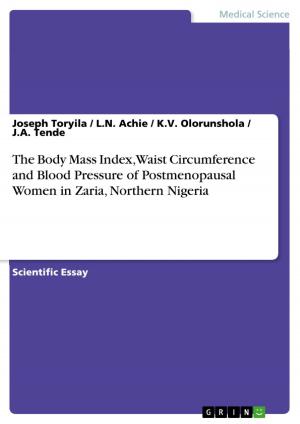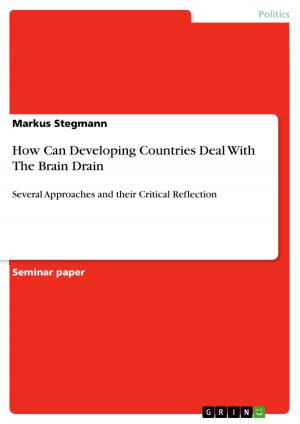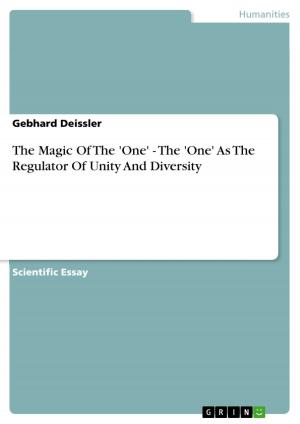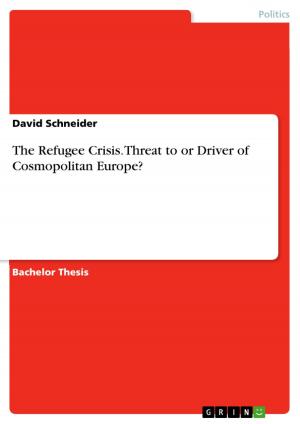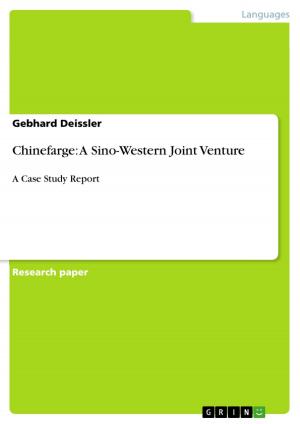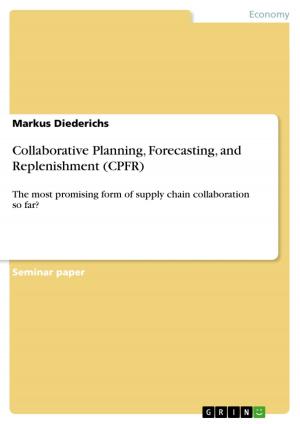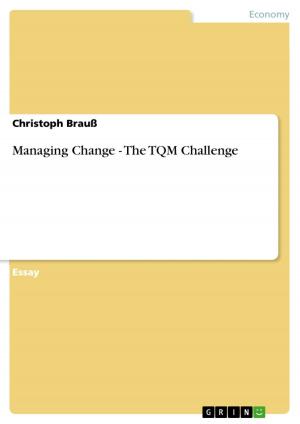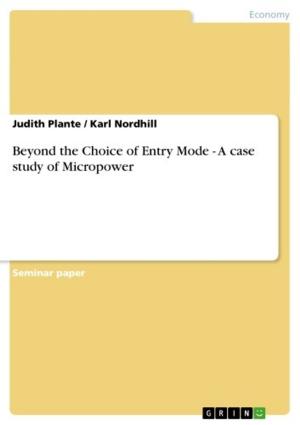| Author: | Oliver Heiden | ISBN: | 9783638812306 |
| Publisher: | GRIN Publishing | Publication: | June 12, 2007 |
| Imprint: | GRIN Publishing | Language: | English |
| Author: | Oliver Heiden |
| ISBN: | 9783638812306 |
| Publisher: | GRIN Publishing |
| Publication: | June 12, 2007 |
| Imprint: | GRIN Publishing |
| Language: | English |
Seminar paper from the year 2007 in the subject Politics - International Politics - Region: USA, grade: 2,0, http://www.uni-jena.de/ (Institut für Politikwissenschaft), course: HS Political Thought in the United States, 7 entries in the bibliography, language: English, abstract: In his most important contribution to political economy Exit, Voice, and Loyalty, Albert O. Hirschman describes two essential options for responding to decline in firms, organisations and states. Although, Hirschman primarily investigates the reaction of customers/members in the case of decline in quality of a product/a service of a firm/an organisation, his analysis demonstrates that his concept is applicable not only to commercial enterprises and political organisations but also to a wide variety of communities such as families, religious groups or nations. In this spirit, he also examines American ideology for those two recuperation mechanisms, exit and voice. In his analysis, Hirschman explains that exit is an intrinsic recuperation mechanism typical of US Americans. Thus, he draws a quite coherent picture of American ideology and practice, where economy, politics, and social behaviour are based upon the preference for exit over voice. While this preference is especially plausible in the realm of economy, Hirschman also demonstrates that American social phenomena such as individual mobility, significant income disparity or national patriotism can be derived form the particular favour of American thought upon exit. Hirschman himself, however, does not link this theory to such an important and decisive issue as religion. The purpose of this paper is to make up for this lack to some extent, i.e. to find out whether there is a link to discover between those two ideas, the exit-ideology and the American faith.
Seminar paper from the year 2007 in the subject Politics - International Politics - Region: USA, grade: 2,0, http://www.uni-jena.de/ (Institut für Politikwissenschaft), course: HS Political Thought in the United States, 7 entries in the bibliography, language: English, abstract: In his most important contribution to political economy Exit, Voice, and Loyalty, Albert O. Hirschman describes two essential options for responding to decline in firms, organisations and states. Although, Hirschman primarily investigates the reaction of customers/members in the case of decline in quality of a product/a service of a firm/an organisation, his analysis demonstrates that his concept is applicable not only to commercial enterprises and political organisations but also to a wide variety of communities such as families, religious groups or nations. In this spirit, he also examines American ideology for those two recuperation mechanisms, exit and voice. In his analysis, Hirschman explains that exit is an intrinsic recuperation mechanism typical of US Americans. Thus, he draws a quite coherent picture of American ideology and practice, where economy, politics, and social behaviour are based upon the preference for exit over voice. While this preference is especially plausible in the realm of economy, Hirschman also demonstrates that American social phenomena such as individual mobility, significant income disparity or national patriotism can be derived form the particular favour of American thought upon exit. Hirschman himself, however, does not link this theory to such an important and decisive issue as religion. The purpose of this paper is to make up for this lack to some extent, i.e. to find out whether there is a link to discover between those two ideas, the exit-ideology and the American faith.

